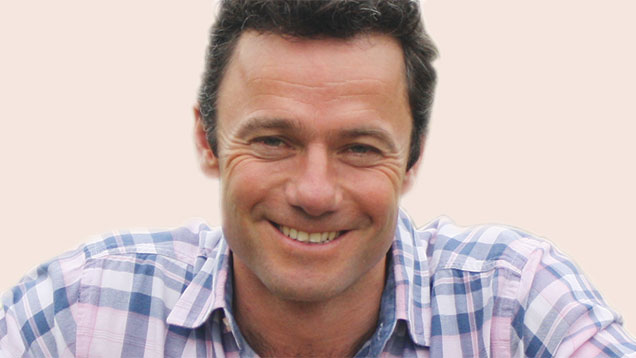Opinion: Let’s not be duped by duplication
 Ian Pigott
Ian Pigott The time has come for UK farming to establish an independent ombudsmen to vet, validate or veto any new initiative wishing to become established in agriculture.
I appreciate a new initiative to stop unnecessary new initiatives may be the perfect title for a political satire, but duplication remains one of UK agriculture’s greatest vices and should be more closely scrutinised.
Although the NFU, CLA and TFA are often accused of duplication, there are numerous examples of smaller organisations and initiatives that have failed to do their due diligence, assess the need and explore what already exists before going full-steam ahead.
See also: Have your say on this in our forums
The resources of finance, personnel and time are scantily spread across the agriculture and there is little room for duplication and repetition. Not only does it dilute the resources available, it waters down the effectiveness of the outcomes and in most cases confuses its intended audience.
The independence of the AHDB would be the obvious home for an ombudsman such as this. Although I’m not sure the newly appointed CEO of the AHDB, Jane King, would thank me for suggesting more work before she has even had time to get her feet under her desk. But during her previous role as editor of Farmers Weekly, she has had a panoramic view of the industry’s obsession with duplication.
Such independent scrutiny would also be welcomed by lead bodies, charitable trusts and government agencies who spend much of their time fielding approaches for funding and support.
My own area of interest is in the field of educating schoolchildren about food and farming and encouraging them to consider a career in agriculture or food supply. In recent months, I have seen a number of posts on social media where individuals have made suggestions for “new” initiatives, which already exist.
Social media is a wonderfully transparent way of learning about other people’s ideas. It has also highlighted to me how quickly uniformed opinions can spread and be supported by “followers” (the irony of the term is not lost).
“In most cases, reinvention is not the panacea.” Ian Pigott
Cynics will say that if people are proposing new initiatives that replicate what is already in place, it is evident that what was is in existence is not achieving its intended goal or reaching its audience. In most cases, reinvention is not the panacea, it is investment, greater visibility and support that are required.
In 2011, Richard Macdonald chaired the farming regulation task force which set about reducing the burden (and duplication) of regulation for the farming industry. Sir Jim Paice, the then-Minister of State for Agriculture and Food, advised the government on a new approach to regulation in the UK that looked through the eyes of the farmer. Without doubt, the task force has reduced a lot of red tape. It has also reduced cost by disbanding of a number of quangos associated with the duplication.
An initiative ombudsman should do the same, and look through the eyes of the intended audience. This will improve effectiveness, aid consolidation and focus on the clarity of the message.
Consolidating existing resources is much more onerous and complex than preventing duplication in the first place, as has been evident with the amalgamation and streamlining of the five levy bodies (BPC, MLC, MDC, HDC and HGCA) to form the AHDB in 2008.
While the process has been far from straightforward, without doubt the consolidation will benefit UK farming in the longer term.
Chairman of AHDB, Sir Peter Kendall, has emphasised the role of the levy bodies to focus on “innovation and research”. We should be reminded that such focus would not possible among organisations that duplicate one another.
Ian Pigott
Ian Pigott farms 700ha in Hertfordshire. The farm is a Leaf demonstration unit. Ian is also the founder of Open Farm Sunday.
